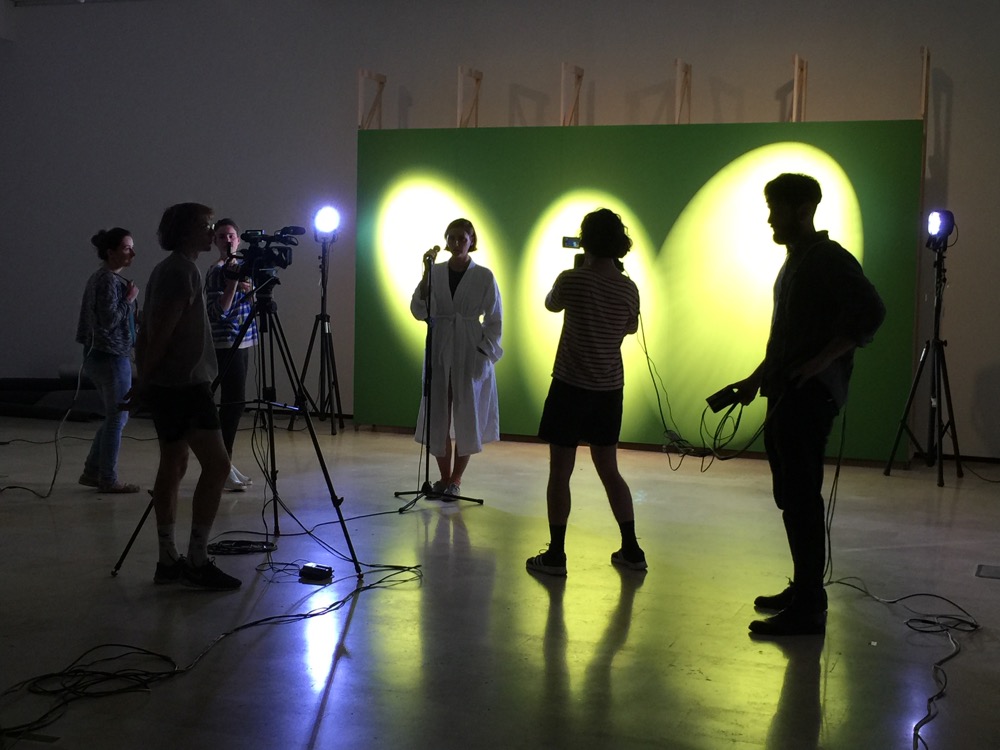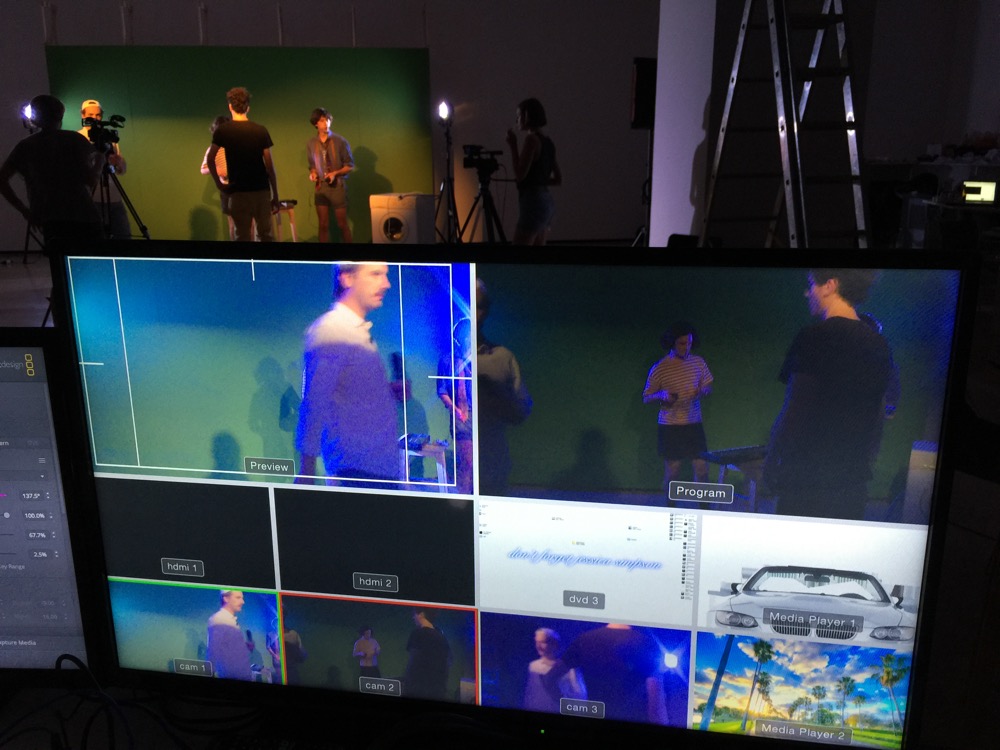We swim in unknown unknowns
We have entered a period of barbarism, she says. (S. Sontag)
Did I tell you I have been in living in Rome since the beginning of the year? Rome is beautiful but full of tourists, and shits. I mean real dog poo on the pavement. It’s really dirty, as my parents kept saying when they came to visit. They live in the North of the Country, you see, close to Switzerland.
Here, despite the fact it is Italy’s capital, as the black cars of MPs and foreign ambassadors constantly remind us, the Public is a woolly notion. Tourists in their improbable outfits eat gelato and pizza from improbable places and play with their recently acquired selfie sticks. Here is my two cents: the selfie stick will become a thing in post post-internet art.
I recently watched on YouTube a 1987 Marcello Mastroianni interview on Letterman, and I thought the Italian actor was great at making the presenter uncomfortable and mastering the duplicitous game of pretending his English wasn’t that good. He was talking about cities and shit, too.
I have been doing production work for different artists within an institutional context lately and have been thinking quite a bit about the profession I am in, and how art making is changing, which, I know, is so art historian of me, but maybe worth casting some thought upon.
I have been struggling with given formats and the difficulty of breaking the mould on how accustomed we are to them, and is proven perhaps by the failure of communicating to other people the possibility of other ways. And this isn’t about the shaky English we employ in the art world…
“Is there a dinner?” was what was asked of me a few times at the opening of the last exhibition I have organised. I am increasingly shocked by the rudeness of some “professionals” of the art world, their ruthlessness and utilitarianism. I was also debating in my head about the lack of material awareness: this constant outsourcing of work that makes them forget the dynamics, complexities and ultimately the real consequences of their requests, or their last minute changes of heart. “Pressing enter is not all it takes!” I feel like shouting at times.
I am more and more wary of the tendency in the arts to debate about immaterial labour, while exploiting the goodwill of people with no remuneration, or justify through theoretical means what often comes from pretty mercenary considerations about how to progress a work, or parasite an institution to get to the next. Is this way of thinking sustainable? Is there a day when someone will muster the guts to say: “Hey wait a minute. NO. I am not behind this. I am not doing it.” Can we stop employing double standards? And preach one thing only to then deny it with actions and the conditions in which the work occurs?
I speak from the perspective of someone that chose willingly to be a curator, with all the implications of the definition and considering I do a different job (or more than one) every day, depending who I am working with. It also means thinking beyond any selfish goals (again speaking for myself) and creating a context for the audience, but also with the artist, and building up something that hopefully doesn’t start and end with an exhibition or an event but whose effects (no I am not talking about money) continue to be in the world.

